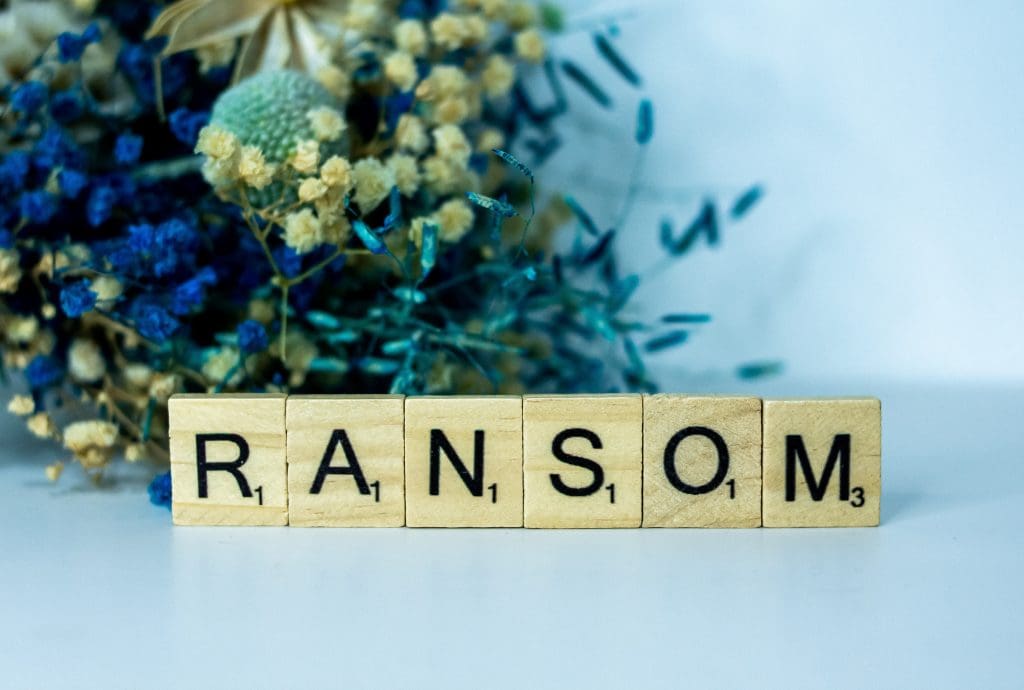Imagine getting a phone call from someone claiming your child has been abducted. For their release, kidnappers will demand a ransom. You’re scared and unsure of what to do.

As old as humanity itself, scams are still alive and well today. Scammers can now operate without coming face-to-face with potential victims.
A scam in which criminals call a victim and falsely claim that a loved one has been kidnapped is known as virtual kidnapping. In exchange for the victim’s release, the criminals demand a ransom payment.


As scam tactics advance, virtual kidnapping schemes are becoming more frequent. Criminals may employ voice cloning technology to generate realistic audio recordings of the victim’s loved one, which they will play to the victim to make the scam appear more credible.
You can take the following steps to safeguard yourself from virtual kidnapping scams:
- Be wary of unsolicited phone calls or emails demanding ransom payments. Refrain from responding if you receive a similar call or email. Hang up the phone or delete the email instead.
- Personal information should not be given to someone you do not know and trust. Your name, address, phone number, and social security number are all included.
- Be cautious with what you post on social media. Criminals can target you for a virtual kidnapping scam using the information you post on social media.
- Call the authorities immediately if you receive a call or email that you suspect is a virtual kidnapping scam.
- Keep your computer security up to date. This includes having a firewall and antivirus software installed.
- Be careful about what links you click on. If you receive a link in an email or text message, do not click on it unless you are sure it is legitimate.

If you receive a phone call demanding payment of a ransom for a kidnapped victim, keep the following in mind:
- Make an effort to slow down the scenario. Request to talk directly with the victim. “How do I know my loved one is okay?.”
- Use social media to call, text, or contact the alleged victim. Request that the victim return your call from his or her cell phone.
- While on the phone with the alleged kidnappers, try calling the kidnapping victim from a different phone.
- Repeat the caller’s request to gain time and say you’re writing. Reduce the demand or inform the caller that you need more time to meet their demands.
- Never argue with or quarrel with the caller directly. Maintain a calm and steady tone of voice.


You can help protect yourself from virtual kidnapping scams by following these recommendations.
Don’t let the criminals gain power. Identify the warning signs of a virtual kidnapping scam and take precautions to protect yourself and your loved ones.

